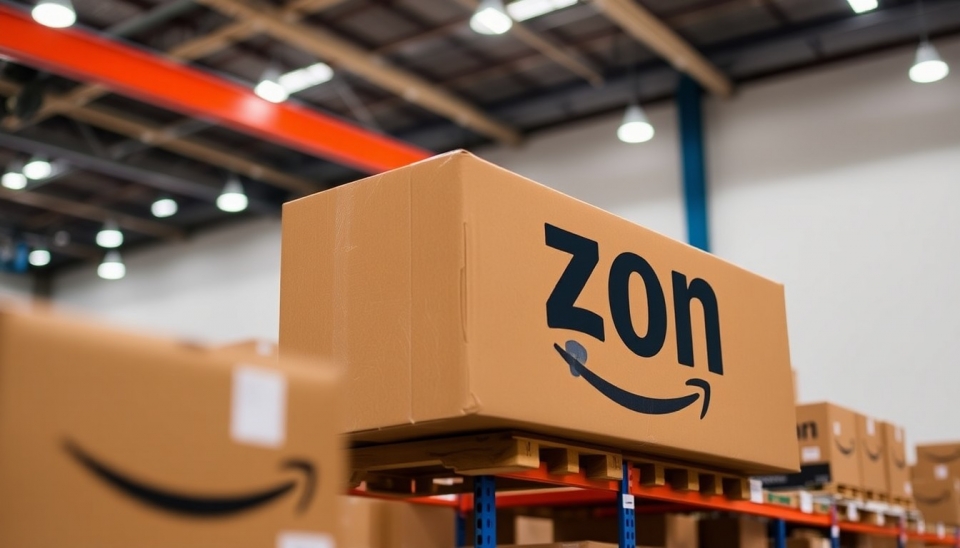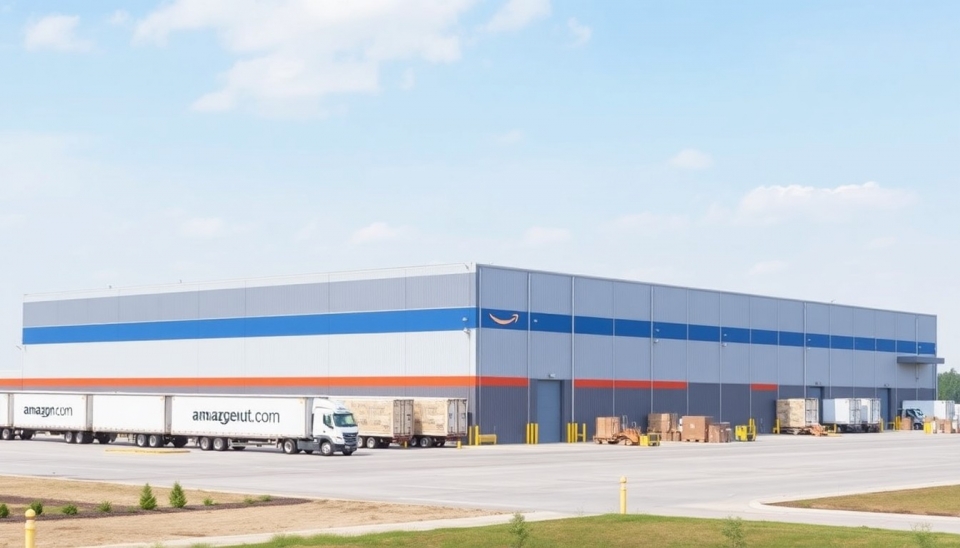
In a significant move, Amazon has decided to cancel numerous inventory orders from Chinese suppliers as a direct response to escalating tariffs on imported goods. This decision comes as the U.S. government continues to implement tariffs aimed at curbing the trade imbalance with China, a strategy that has considerably altered the dynamics of global supply chains.
The company's choice to scale back on orders signals the profound impact that recent trade policies have had on e-commerce companies and their operational strategies. With tariffs on various consumer goods rising sharply, Amazon, like many other retailers, is re-evaluating its purchasing decisions to mitigate the financial strain caused by these additional costs.
Industry experts indicate that Amazon's inventory strategy is closely monitored not only for its immediate implications but also for its potential influence on broader market trends. As a retail giant, Amazon's actions can initiate ripple effects throughout supply chains, prompting suppliers and competitors alike to adjust their strategies in light of changing consumer demand and trader relations.
This cancellation of orders isn't merely a short-term adjustment; rather, it highlights a shift in Amazon's long-term procurement strategy as it braces for more persistent challenges in sourcing goods from overseas. The escalating tariffs have encouraged Amazon and many other companies to explore alternatives, such as investing in domestic production capabilities or diversifying supply sources, to secure their supply chains against future disruptions.
Furthermore, the repercussions of these trade policies could extend beyond just inventory adjustments. Analysts warn that consumer prices may rise as retailers, including Amazon, could ultimately pass on increased costs to their customers. As e-commerce continues to grow in popularity, there is concern over how much more consumers are willing to pay for products affected by tariffs.
Moving forward, the e-commerce landscape will likely see a dramatic transformation if these tariff policies remain in place. The challenges that Amazon is facing today reflect broader concerns about how international trade agreements and domestic economic policies can influence corporate decisions and ultimately the consumer market. As companies adapt, the full extent of these changes will unfold in the coming months, shaping the future of e-commerce.
Amazon's recent decisions underscore a critical turning point in trade relations and underscore the increasing significance of tariff policies in shaping business strategies and consumer behavior across the board. It remains to be seen how these adjustments will affect Amazon's market positioning and its relationships with suppliers as they navigate the new trade landscape.
As the situation evolves, stakeholders will be keenly watching both Amazon's next moves and potential legislative changes that could either exacerbate or relieve some of the pressure stemming from these tariffs.
#Amazon #Tariffs #Ecommerce #SupplyChain #TradePolicy
Author: John Miller




